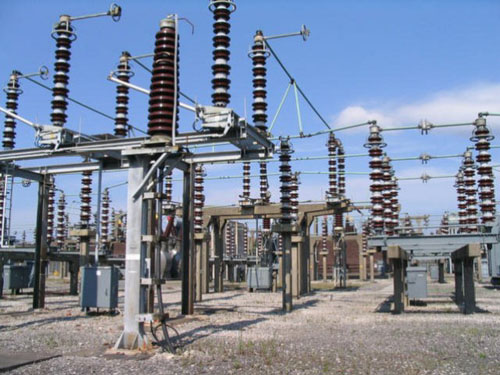
As Nigerians continue to experience epileptic power supply, Vice President Yemi Osinbajo has given the assurance that in the next one and a half years, Nigeria will be able to generate 7,000 megawatts of electricity.
Speaking at the presentation of a book entitled: “The Challenges of Growth and Development. In-depth Analysis by Experts,” in Ibadan yesterday, he attributed the decline in power generation to pipeline vandalism at Vocaldos.
Osinbajo agreed that power generation was a major problem confronting the country, but he asserted that the focus of the government was to ensure that the value change was restored.
The vice president, who disclosed that the country had huge deposit of gas, said there had been a problem with transmission to power plants.
According to him, the problem of laying the pipeline to the plants due to vandalism had reduced gas supply by 40 per cent and power and electricity to 1,000 megawatts.
“We are not only producing more gas; to pipe it to the plants is the problem as many pipelines have been vandalised,” he lamented.
Speaking on corruption, he declared that Nigeria had lost $15 billion to corruption and corrupt activities, but he insisted that there had been sustained fight against corruption in the current administration.
He also revealed that the country’s external reserve stands at $27 billion, but said that a half of the money had been lost to corruption. According to him, considering the level of embezzled money from various cases of corruption, too much had been lost.
He warned that no public office holder can steal public money and escape, saying that apart from losing the property, such officer would be sanctioned.
On diversification of the country’s economy from oil to agriculture, Osinbajo said that the country would be self-sufficient in rice, wheat, tomatoes and cashew in the next two years.
On technology, he disclosed that four technology hubs would be established in Lagos and Abuja, while one each would be in the six regions of the country. He said with the support of some countries, the hubs would be equipped with infrastructure and innovative.
According to him, in July this year, government will organise training on hard and soft wares for 65,000 Nigerian youths, even as he revealed that the 5,000 teachers to be employed would be involved with technology component.
Osinbajo reiterated the federal government’s desire to carry out the school children feeding programme, and said it would be replicated in states of the federation, adding that the states were expected to leverage on agricultural produce to feed the pupils.
The vice president further stated that 370,000 youths would be trained in various vocational skills, and that soft loan would be given to traders to raise their standard of living.
